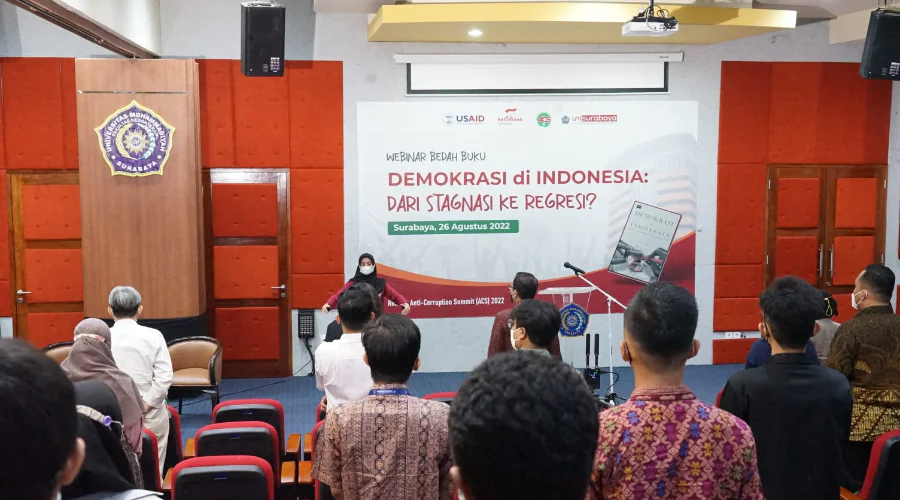
- 26 Aug
- 2022
Foto webinar bedah buku di UM Surabaya (Humas)
Invite Thomas Power from Flinder University, Partnership and UM Surabaya to discuss contemporary democracy
The problem of democracy in Indonesia which is increasingly worrying has resulted in a lot of violence, the abuse of populism and the occurrence of political polarization among groups of people has become a serious problem which has an impact on the decline of democracy in Indonesia.
This was conveyed directly by Satria Unggul Wicaksana as Chair of the Center for Anti-Corruption and Democracy Studies (PUSAD) at UM Surabaya when discussing the book "Democracy in Indonesia from Stagnation to Regression" written by Thomas Power.
According to Satria, reading and dissecting the book from stagnation to regression is an important thing that must be done by academics ahead of the implementation of the 5th Anti-Corruption Summit (ACS) whose issue is to discuss corruption in the political sector which is the root cause of the decline of democracy in Indonesia.
"The Bill on the Criminal Code, the revision of the KPK Law, and various kinds of reckless practices in our democracy are increasingly indicating that reflection and consolidation of the civil society movement is important," said Satria Friday (26/8/22)
He hopes that in the future the discussion on democracy in Indonesia will continue to be encouraged considering that the stages of the 2024 Election have been underway and in the future there will be contestation of political parties and political actors.
Meanwhile, the book review which was held at UM Surabaya was attended directly by Thomas Power, an academic at Flinders University, Australia, who is also the author of the book Democracy in Indonesia: From Stagnancy to Regression.
Thomas Power in his presentation explained that the book he wrote was designed to assess democracy in Indonesia and answer the question whether democracy in Indonesia is experiencing a crisis? And Thomas emphatically said yes.
According to him, there are several factors driving the regression of democracy in Indonesia, namely structural weaknesses in the process of consolidating democracy which includes 3 things including extreme economic inequality/oligarchy, rampant institutional corruption KKN and political control over law and security institutions.
Other driving factors that cause democratic regression are polarization and identity politics, the spread of fake news, support and public trust in democratic institutions.
Also present as a discussion initiator Laode M. Syarif, Executive Director of Kemitraan Kemitraan and Bivitri Susanti, Academics at the Faculty of Law at the Indonesian Law College (STHI) Jentera, Jakarta.
Laode M. Syarif explained that the quality of political parties is very vulnerable due to economic power which concentrates on certain groups of elites who control the economy and political parties.
Based on data from the 2019 Corruption Perception Index (CPI), democracy in Indonesia has decreased to 38 due to the quality of law enforcement and corruption in the political party sector.
The event which was held at the UM Surabaya G-Inspire Building was also attended by all Deans of Universities in Surabaya and also civil society groups.
Road to Anti-Corruption Summit-5 (ACS-5) is a collaborative activity between UM Surabaya in collaboration with KEMITRAAN through the USAID INTEGRITAS program, which hopes to be able to raise awareness regarding democracy and its challenges.
This book review is also one of the various agendas of the Road to ACS-5, collaboration between UM Surabaya and the KPK-RI in realizing good higher education governance and anticipating corruption in the political sector.
In addition to the book reviews being carried out, Road to ACS will also conduct podcasts, public discussion webinars that will enliven the Anti Corruption Summit agenda which will culminate in 2023.





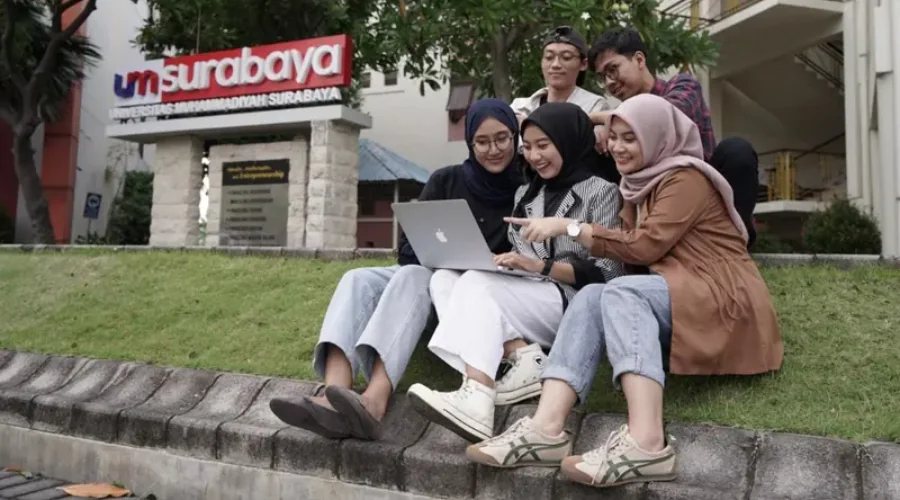
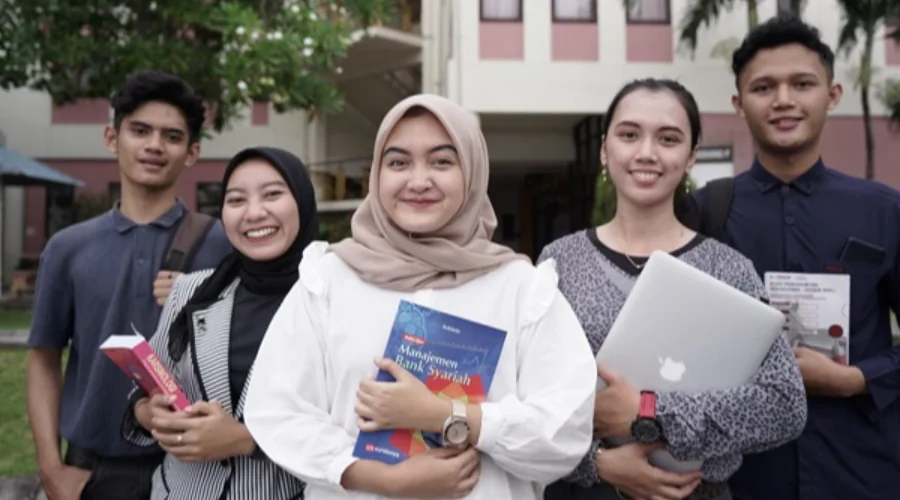
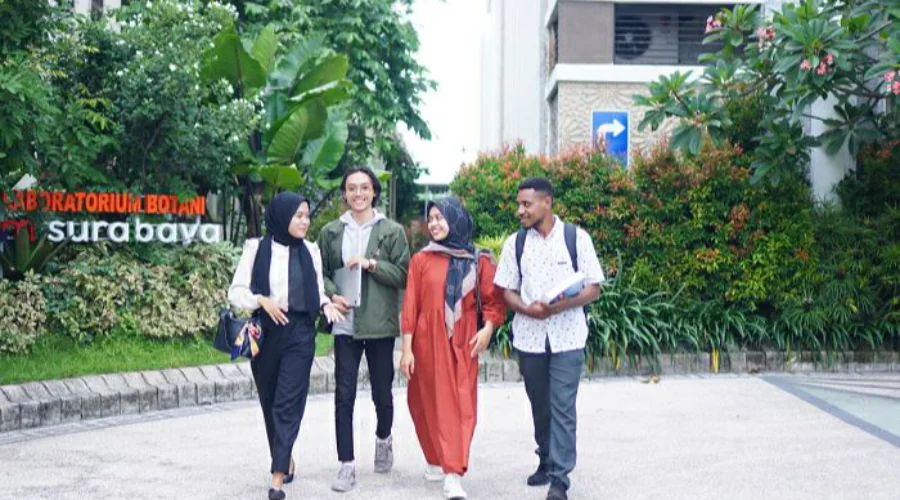
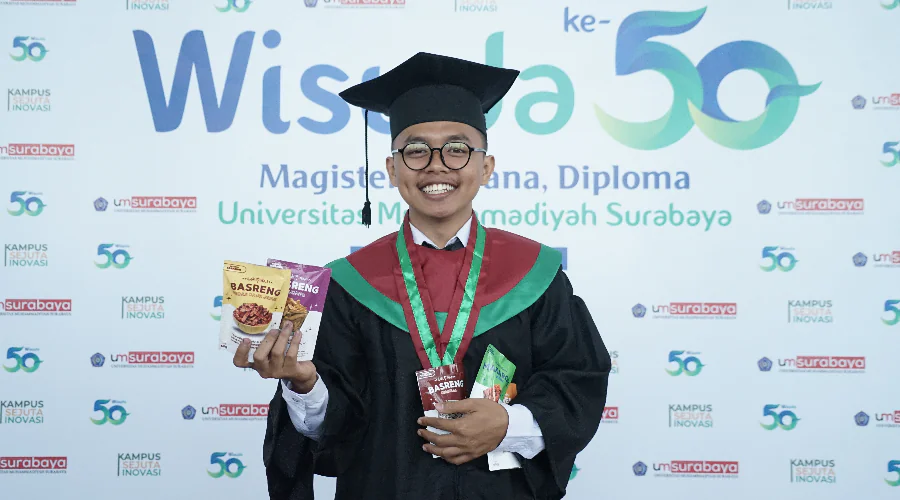

(0) Comments